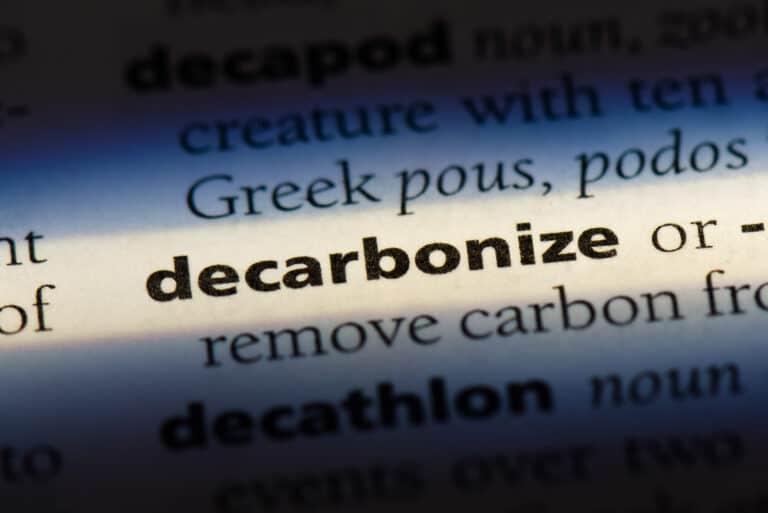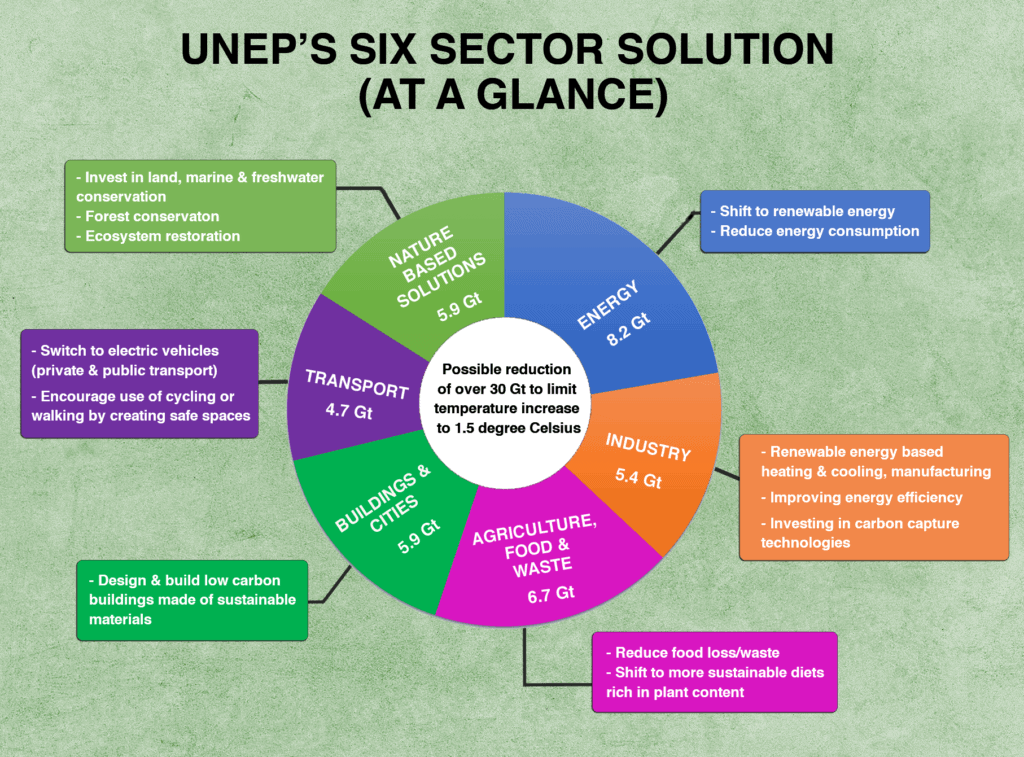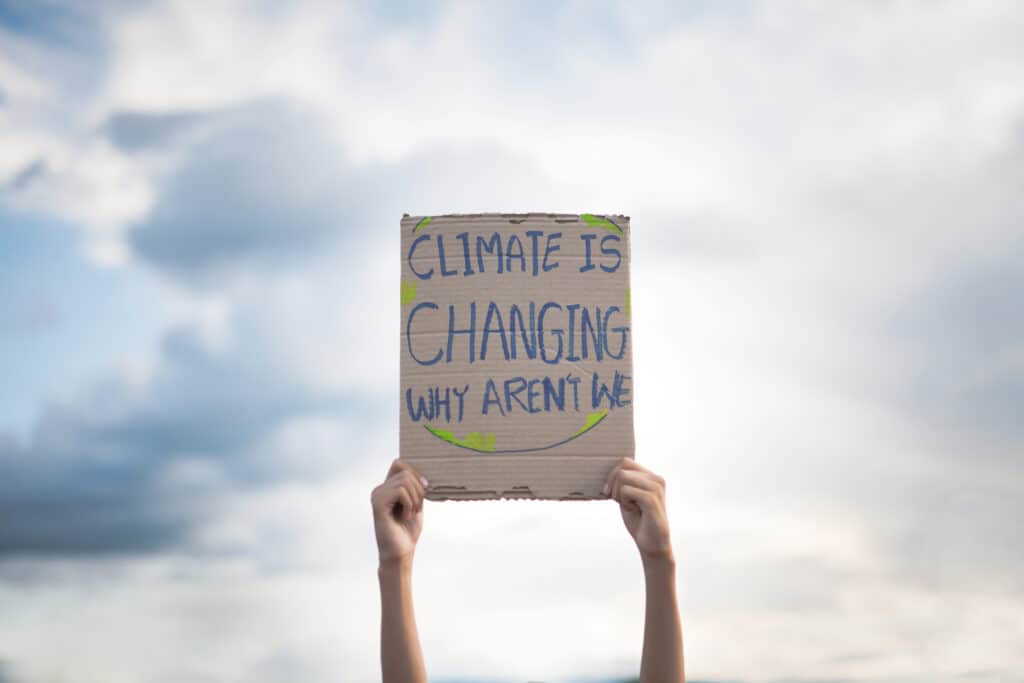
Decarbonization and emission reduction are vital to avoid a climate catastrophe.
While the recent COP27 conference closed an important deal on loss and damage fund, it failed to establish a way forward for decarbonization. The conference reflected a general shift from focusing on mitigating climate change towards focusing on living with extreme climate conditions. It reflected a mindset that it is already too late to prevent an increase of temperatures by 1.5 degree Celsius.

Does this mean business sectors should give up on decarbonization and emission reduction?
Absolutely not.
While adaptation to a changing climate is important, mitigation to prevent further climate change is just as essential. Focus on emissions reduction is crucial to prevent temperature increase by not only 1.5 degree Celsius, but also by a more perilous 3 degree Celsius.
It is important to remember in case temperatures rise by more than 1.5 degree Celsius, current disruptions in weather cycles and biodiversity would worsen. This would only lead to further economic and social disruptions.
In case temperatures rise by more than 3 degrees Celsius, there will be catastrophic consequences.
Is all hope lost?
Fortunately, no.
There are already solutions available to reduce industrial emissions. Moreover, 2022 has also indicated that the world’s biggest greenhouse gas emitting regions are taking climate action seriously as they face an energy crisis. It is being recognized that climate action is directly linked to economic prosperity. Businesses are incentivized to take climate action.
If we take timely actions towards emission reduction, we still have a chance to prevent a temperature increase by 1.5 degree Celsius.
We need a change in mindset
A change in mindset is required to work towards emission reduction. We need to recognize that solutions already exist to reduce human induced emissions and it is possible to drastically reduce emissions. Business sectors can play a key role in emissions reduction. Common solutions to reduce emissions include:
– Rapid ramp-up of renewables over fossil fuels
– Increasing energy efficiency
– Investing in carbon capture systems
– Investing in ecosystem conservation

It is also important to note that the lower cost of renewables has made renewables a more feasible option over fossil fuels.
The United Nations Environmental Programme (UNEP) had outlined a six-sector solution in 2020 which can reduce more than 30 Gt of emissions required to limit the temperature increase by 1.5 degree Celsius. It is a helpful guide for different sectors in effectively decreasing emissions.

We need ambitious targets and bold action
As we witness devastating impact of climate change on our lives, the planet, and the economy, it is now more important than ever to create strategies with ambitious decarbonization targets. Only with ambitious targets can we strive to impactfully reduce emissions and demonstrate that it is indeed possible. The private and public sector should be bold in their climate action. COP27 showed that the world still hesitates to phase out fossil fuels in favor of renewable energy. That must change.

We need to keep talking about climate change
One reason for government actors’ increasing alignment of climate policy with economic policy is that people’s support for climate action has increased. The more people talk about climate change, the more we formulate ways to implement available solutions and encourage bold climate action.

Horizon has decreased emissions by 82% since 2010 levels. As a result, it is far ahead of the EU 2030 target for emission reduction. Horizon also has an 80% renewable energy share of total energy consumed in production. Having embedded sustainability in its core business strategy following the Paris Agreement, Horizon has been able to demonstrate that impactful climate action by a business is possible.
References:
United Nations Environment Programme (UNEP) (2020) The six-sector solution to the climate crisis, Available at: https://www.unep.org/interactive/six-sector-solution-climate-change/ (Accessed: 30 November, 2022).
Katherine Lake (2022) ‘COP27 was disappointing, but 2022 remains an historic year for international climate policy’, The Conversation, 28 November, 2022.
